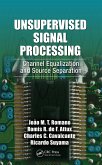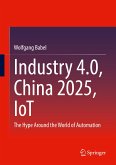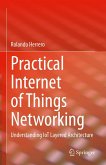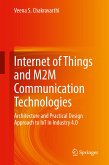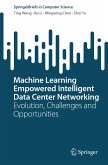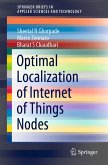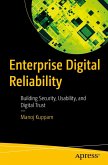Many societal challenges and problems can be resolved using a better amalgamation of IoT and learning algorithms. "Smartness" is the buzzword that is realized only with the help of learning algorithms. In addition, it supports researchers with code snippets that focus on the implementation and performance of learning algorithms on IoT based applications such as healthcare, agriculture, transportation, etc. These snippets include Python packages such as Scipy, Scikit-learn, Theano, TensorFlow, Keras, PyTorch, and more.
Learning Algorithms for Internet of Things provides you with an easier way to understand the purpose and application of learning algorithms on IoT.
Dieser Download kann aus rechtlichen Gründen nur mit Rechnungsadresse in A, B, BG, CY, CZ, D, DK, EW, E, FIN, F, GR, HR, H, IRL, I, LT, L, LR, M, NL, PL, P, R, S, SLO, SK ausgeliefert werden.



